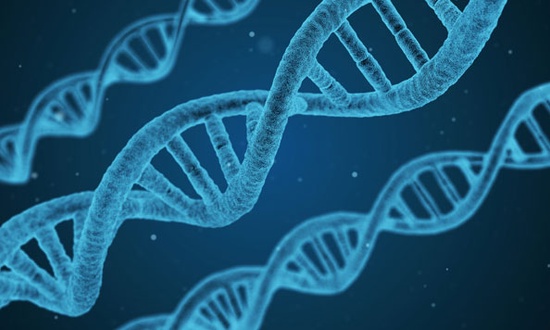In the article “Ten Major Flaws of Evolution” you argue that “spontaneous generation” and “chemical evolution” are one in the same, however is DNA not made of the same basic “non-living” elements such as oxygen and phospherous, that you claim could not have “evolved” into living material? How can you state that macro-evolution does not exist, when you have also stated that micro-evolution does exist and has been observed? Would the first not be directly related to the latter?
You asked about the relationship of “micro-evolution” to “macro-evolution.” As you may be aware, there are several different competing evolutionary models that attempt to explain questions of origins in naturalistic terms. All evolutionary models require massive increases in genetic information in order to progress from “simple” to complex organisms. This concept is referred to as macro-evolution.
On the other hand, “micro-evolution” is a rather misleading term often used to refer to any kind of variation in a population. These types of changes do not involve any new information. On the contrary they usually involve a loss of information. Such downward (or at best horizontal) preprogrammed variation would perhaps better be termed “de-evolution” when considering macro-evolutionary requirements. Nobody debates speciation through natural selection. In fact, natural selection is also an important part of the Creation/Fall model, and was even discussed by the creationist Edward Blyth 25 years before Darwin. But natural selection works with pre-existing information to give an advantage in a particular environment. This is not evolution—this is excellent design. It can never add anything new. What differentiates Biblical models from evolutionary models of origins is the type of change that takes place. Put in Biblical terms, organisms only reproduce after their own kinds.
To sum up, the reality of “micro-evolution” (speciation) is simply not related to the concept of “macro-evolution.”
You also noted that life is made up of elements that in their basic state are not living. But again, the issue at hand is information. Nobody would believe that a tornado tearing through a junkyard could ever assemble a car, though the basic parts might be present. Even given millions of years, the impossible never becomes possible. Why? Because a special order must be imposed on the parts for them to interact properly. DNA letters will not form meaningful sequences on their own. And just as books would be meaningless to a person who didn’t understand the language, the DNA ‘letter’ arrangements would be meaningless without the ‘language’ of the DNA code. DNA can’t copy itself—you need the machinery of a living cell to make copies of a DNA molecule. DNA is not the message, but the carrier of the message, the ‘medium’ on which the message is written. Now to read the message, you need a pre-existing language code, as well as machinery to translate it. All of that machinery exists in a cell. Machines and programs certainly do not come from the laws of physics and chemistry by themselves.
To sum up the evolutionary dilemma: Even if the physical impossibility of forming and gathering the necessary physical building blocks of a cell were overcome, it would still require information. And it would still require a ‘language.” And it would need to immediately form a copying mechanism. Looking at it from a different angle, you need a cell to create a DNA molecule. But you need DNA to create a cell. What is required to create DNA and cells is information arising from intelligence. Which brings us back to the Biblical model.
Evolutionists propose microbe-to-man evolution, then point to pre-programmed, non-information-increasing variation and call it evolution: “This butterfly now comes in two different colors—evolution is proven true.” Intentionally or not, this is the fallacy of bait and switch. What differentiates the two models is not whether change in an organism takes place. Rather, the key difference is the type of change. Again, the evolutionary model requires changes that lead to a massive net gain of genetic information. Such a change has never been discovered.
When I first began to investigate the validity of the Bible, I assumed that the issue was “science” versus the Bible. Instead, I have found that all good science validates the claims of the Bible and that it takes far more faith to believe in evolution than to believe in creation. More so every day as scientists make surprising discovery after surprising discovery. The issue is really whether or not I believe God did it like He said He did.


